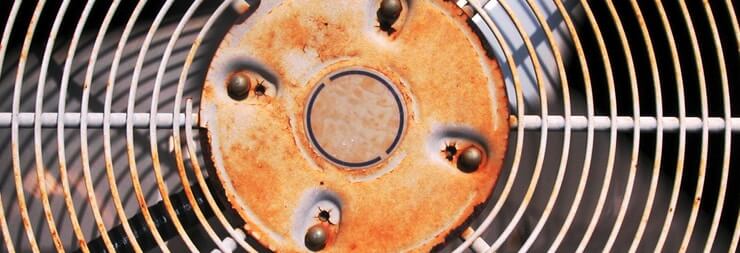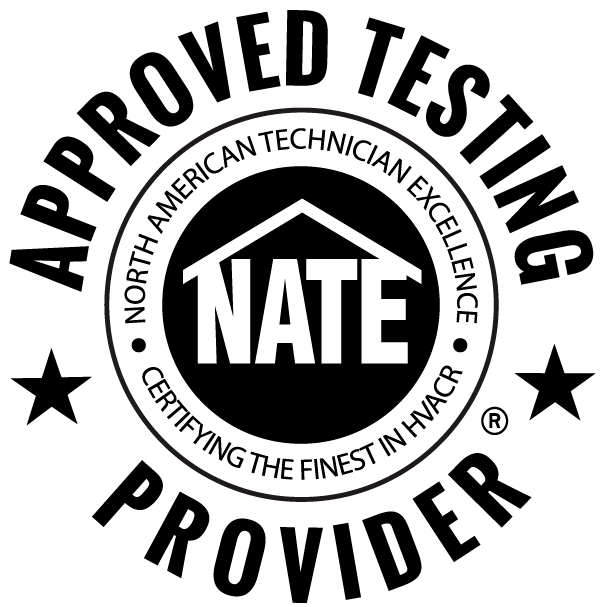As a Florida resident, your air conditioner is one of your home’s crown jewels. No matter how many family responsibilities you may have going on, or how many errands you have to run, being able to count on that cool air when you’re inside is priceless. Naturally, you want your AC to run as efficiently as possible — for as long as possible. So, what can you do to prevent rust from forming on its components?
How to Prevent Rust on Your AC
The Sunshine State may boast white-sand beaches and mild winters, but it’s also home to humidity and sea salt. This poses the risk of corrosion of any exposed metal, such as your air conditioner’s condenser unit. The problem is that when water starts causing damage, it’s not readily apparent. It isn’t until you see the signs of corrosion that you realize your AC has been affected. And, at this stage, deterioration has already started. That said, there are things you can do to prevent it from occurring in the first place.
1. Inspect exposed areas
At the first signs of rust, apply a degreaser and wipe it off with a nylon brush. When you’re inspecting the unit, pay close attention to the coils, drain pan, fan blades, compressor, and the side panels of the condenser unit. Early warning signs include a gray or blue discoloration.
2. Apply protective coating
You can do this by purchasing a rust-resistant primer and paint. These will only be helpful before you notice any signs of corrosion. If you’ve already noticed rust and removed it, spray the surfaces with rust protector.
3. Consider a coastal region AC
If you live close to the beach and your current air conditioner is nearing the end of its lifespan, consider replacing it with a coastal region one. These units design the coils and other metal components specifically for salty environments.
4. Rinse the condenser unit
This is also for beach residents — if your traditional AC doesn’t need replacing yet, you can rinse the condenser unit with fresh water from a hose on a regular basis. Remember to shut off the air conditioner before doing so.
5. Schedule regular HVAC maintenance
Having a technician inspect your entire system before every summer and winter will ensure that you are aware of any potential issues. This includes cleaning all drains and pans, as well as checking the condition of the heat exchanger — to ensure that there’s adequate airflow movement and no water accumulation. An HVAC technician will also notice the beginnings of rust in less obvious parts, such as refrigerant lines.
AC Service in Brevard County
At Colman Air, we understand that sometimes AC issues happen during the most inconvenient times. This is why we have a 24/7 AC emergency line. Call us if you need assistance ASAP, or to schedule routine HVAC maintenance.
24-HR Emergency Service: (321) 269-4565







Leave a Reply